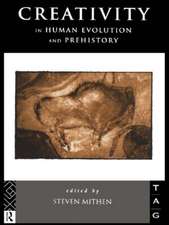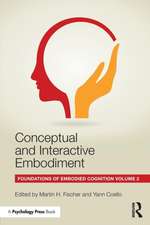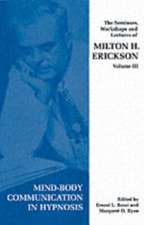The Singing Neanderthals
Autor Steven Mithenen Limba Engleză Paperback – 2 mar 2006
A fascinating and incisive examination of our language instinct from award-winning science writer Steven Mithen.
Along with the concepts of consciousness and intelligence, our capacity for language sits right at the core of what makes us human. But while the evolutionary origins of language have provoked speculation and impassioned debate, music has been neglected if not ignored. Like language it is a universal feature of human culture, one that is a permanent fixture in our daily lives.
In THE SINGING NEANDERTHALS, Steven Mithen redresses the balance, drawing on a huge range of sources, from neurological case studies through child psychology and the communication systems of non-human primates to the latest paleoarchaeological evidence.
The result is a fascinating and provocative work and a succinct riposte to those, like Steven Pinker, who have dismissed music as a functionless and unimportant evolutionary byproduct.
| Toate formatele și edițiile | Preț | Express |
|---|---|---|
| Paperback (2) | 75.20 lei 3-5 săpt. | +40.65 lei 10-14 zile |
| Orion Publishing Group – 2 mar 2006 | 75.20 lei 3-5 săpt. | +40.65 lei 10-14 zile |
| Harvard University Press – 30 sep 2007 | 185.62 lei 3-5 săpt. |
Preț: 75.20 lei
Preț vechi: 96.77 lei
-22% Nou
14.39€ • 14.93$ • 12.03£
Carte disponibilă
Livrare economică 22 februarie-08 martie
Livrare express 11-15 februarie pentru 50.64 lei
Specificații
ISBN-10: 075382051X
Pagini: 384
Ilustrații: Illustrations
Dimensiuni: 136 x 216 x 24 mm
Greutate: 0.46 kg
Editura: Orion Publishing Group
Locul publicării:London, United Kingdom
















